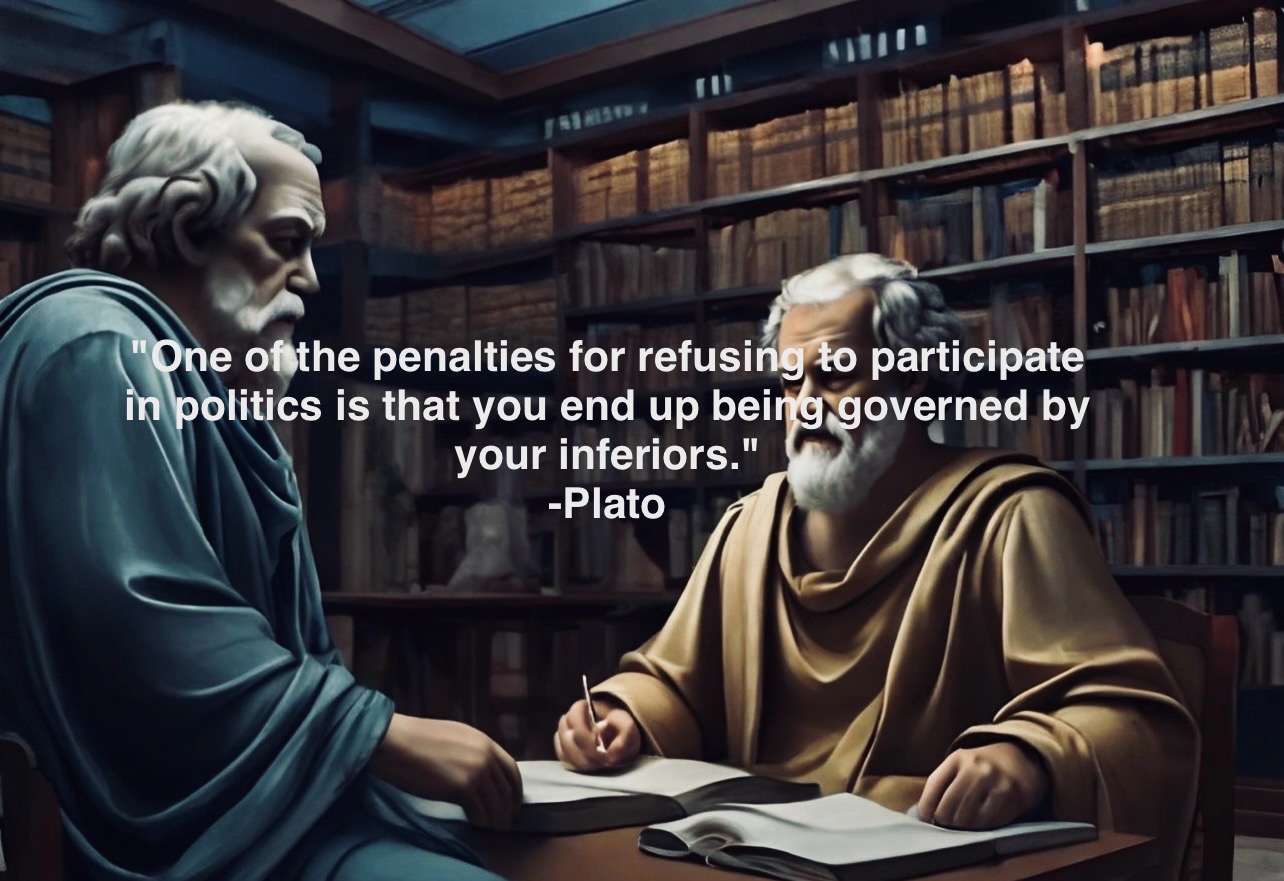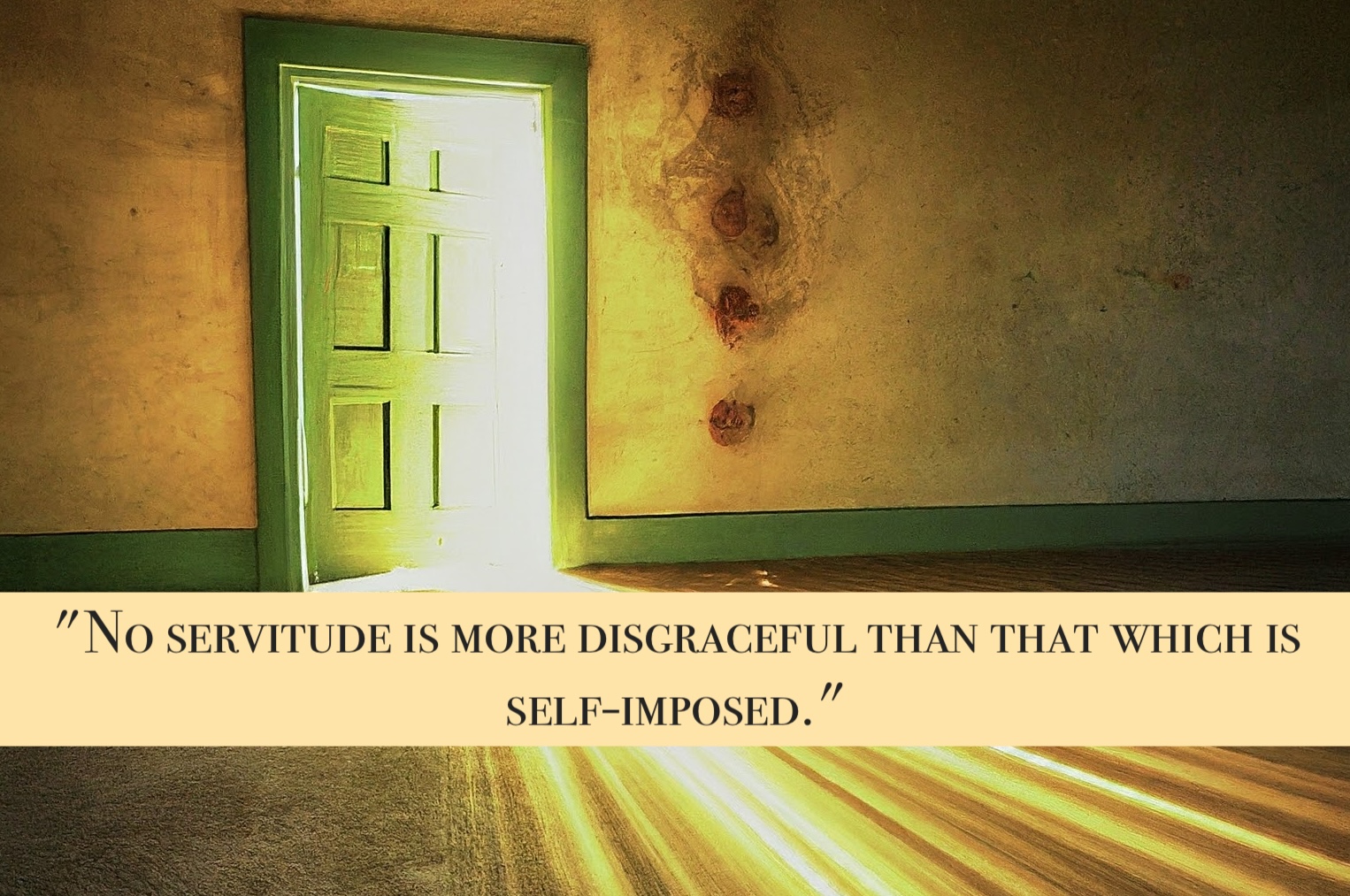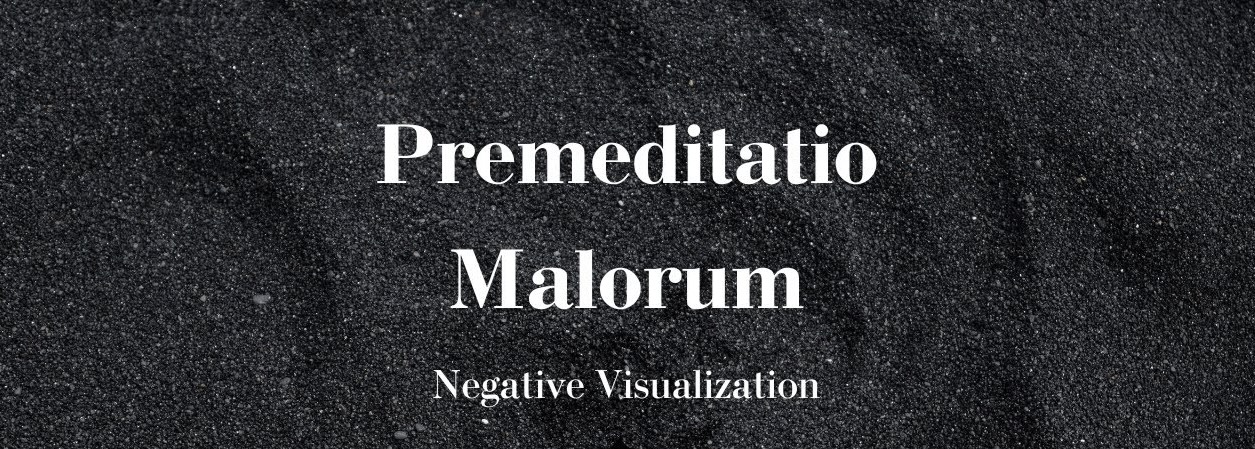Plato’s Republic: The Wisdom on Everything

As I delved into the pages of Plato's magnum opus, "The Republic," I found myself on a transformative journey, navigating the labyrinth of justice, morality, and the ideal state. This philosophical masterpiece, written in 375 BC, not only unfolded the profound insights of its venerable author but became a compass guiding my own reflections on life, society, and governance. Join me as I share my personal learnings from the wisdom of everything encapsulated in Plato's Republic.
The Essence of Justice: A Personal Reflection
Plato's exploration of justice struck a chord deep within me. The idea that justice is intricately linked to the well-being and harmony of both individuals and the state resonated with my own convictions. It became a lens through which I assessed the ethical dimensions of my actions, urging me to seek harmony in both my personal and societal interactions.
Illumination in the Allegory of the Cave
The Allegory of the Cave became a metaphorical mirror reflecting my own journey from ignorance to enlightenment. I couldn't help but draw parallels between the prisoners in the cave and moments in my life when I was shackled by limited perspectives. Plato's allegory instilled in me a profound appreciation for the transformative power of knowledge and the continuous pursuit of truth.
Harmony of the Tripartite Soul
The tripartite soul, with its divisions of reason, spirit, and desire, sparked introspection into the balance within my own being. Plato's insights became a guide in understanding the interplay of these elements within myself and in fostering equilibrium amidst the complexities of my emotions and aspirations.
Ideal State and the Philosopher's King: A Call to Leadership
Plato's vision of the ideal state, governed by philosopher-kings, left an indelible mark on my understanding of leadership. It challenged me to question not only the leaders around me but also the leader within. The call to embody the virtues of a Philosopher's King became a personal aspiration—a commitment to wisdom and justice in my own spheres of influence.
The Noble Lie: Ethical Dilemmas Explored
Contemplating the Noble Lie introduced ethical complexities into my reflections. Plato's concept prompted me to consider the ethical implications of societal narratives. It became a reminder of the delicate balance between transparency and the pragmatic necessity for maintaining social order—a balance that echoes in my personal considerations of truth and its nuanced expressions.
Quotes That Resonate: Personal Mantras
Plato's Republic adorned me with a collection of powerful quotes that now serve as personal mantras. The wisdom encapsulated in phrases like "Wise men speak because they have something to say; fools because they have to say something" has become a guiding light in my communication, emphasizing the importance of meaningful dialogue.
The Enduring Legacy in My Contemporary World
As I navigate the complexities of the contemporary world, Plato's Republic remains a timeless companion. Its exploration of justice, the nature of reality, and the structure of an ideal society continues to shape my perspective. It is not merely a philosophical treatise but a living, breathing guide—a source of inspiration and contemplation in my daily life.
In the symphony of philosophical works, Plato's Republic has become a cherished melody in my intellectual repertoire. It has not only broadened my understanding of the world but has become a companion in the ongoing journey of self-discovery. As I reflect on the personal learnings gained from this timeless masterpiece, I am reminded that the pursuit of wisdom is an ever-evolving odyssey—a journey through the wisdom of everything.
Quotes from The Republic:
"Wise men speak because they have something to say; fools because they have to say something."
"One of the penalties for refusing to participate in politics is that you end up being governed by your inferiors."
"The measure of a man is what he does with power."
"We can easily forgive a child who is afraid of the dark; the real tragedy of life is when men are afraid of the light."
"Justice means minding your own business and not meddling with men's concerns."
"No one knows whether death may not be the greatest of all blessings for a man, yet men fear it as if they knew that it is the greatest of evils."
"The first and greatest victory is to conquer yourself."
"Ignorance, the root and stem of all evil."
"Courage is knowing what not to fear."
"At the touch of love, everyone becomes a poet."
"He who commits injustice is ever made more wretched than he who suffers it."
"Ideas are the source of all things."
"An empty vessel makes the loudest sound, so they that have the least wit are the greatest babblers."
"The heaviest penalty for declining to rule is to be ruled by someone inferior to yourself."
"Knowledge which is acquired under compulsion obtains no hold on the mind."




Leave a Reply
You must be logged in to post a comment.